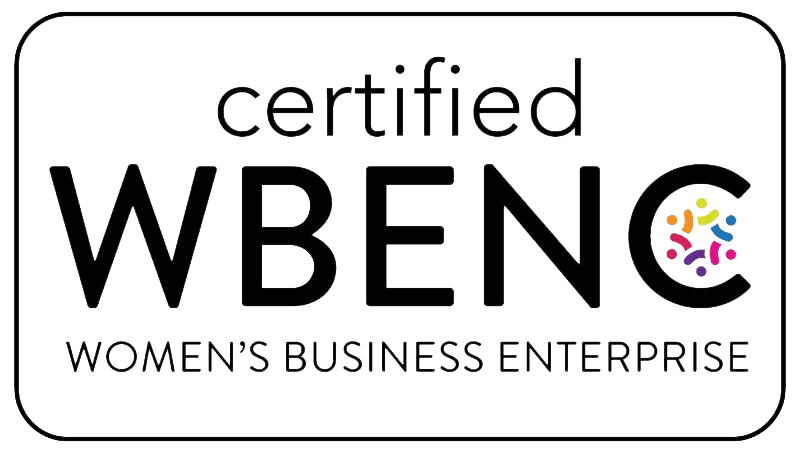“We came back to work, but some people never really came back emotionally.”
That’s what one senior manager shared during a recent debrief. Since returning to the office, she’d noticed changes in her team—quieter meetings, more absences, and moments where once-energetic employees seemed withdrawn or distracted.
The work was getting done, but the energy—the connection—was missing. And more importantly, she sensed that people were still carrying invisible weight.
After three years of uncertainty, change, and emotional overload, that’s not surprising. What is surprising is how many organizations expect people to bounce back without time, tools, or trust.
What Is Psychological Safety?
Psychological safety means employees feel safe to:
- Speak up
- Ask for help
- Admit mistakes
- Offer ideas
- Express emotions without fear of judgment or retaliation
Without it, employees stay quiet. Morale dips. Innovation stalls. Burnout builds.
Leaders Don’t Need to Be Therapists—But They Do Need to Notice
One misconception we often hear is:
"I’m not a psychologist—I don’t want to say the wrong thing.”
The good news? You don’t have to diagnose, advise, or fix. But you do need to lead with awareness and care.
A few simple habits can make a major difference:
- Ask “How are you really doing?” and leave space for answers
- Normalize saying “I’m here to listen” without needing to solve
- Know how to spot common signs of struggle, withdrawal, mood changes, sudden performance drops
- Set the tone that it's okay to talk about stress, anxiety, and overwhelm
Make Support Clear and Accessible
Just as important: make sure employees know where to go for help.
✔ Post and share EAP (Employee Assistance Program) resources regularly ✔ Make HR or wellness contacts visible—don’t bury them in PDFs ✔ Train managers to refer, not diagnose —“Here’s who you can talk to…” ✔ Encourage peer support and check-ins, especially in high-stress departments
And if an employee sees a colleague who seems to be struggling? Give them language like: “I’ve noticed you seem off, if there’s anything you need or someone you want to talk to, I’m here, and we have great support staff, too.”
We include these talking points in our leadership and staff training modules to build confidence and compassion without overstepping boundaries.
How to Rebuild Psychological Safety
At MYCA, we work with public agencies, private employers, and nonprofits to help rebuild workplace culture and trust. Some of the tools we use include:
- Leadership coaching
- Microlearning on empathy and listening
- Inclusion-aligned check-in practices
- Manager toolkits for supporting mental health conversations
- Staff training on how to ask for help or support coworkers
Safety Fuels Everything
People can’t do their best work if they’re worried about being judged, dismissed, or ignored. Psychological safety isn’t a “perk”,it’s a prerequisite for performance.
And in a workplace still healing from disruption, it may be the most important culture goal of all.


